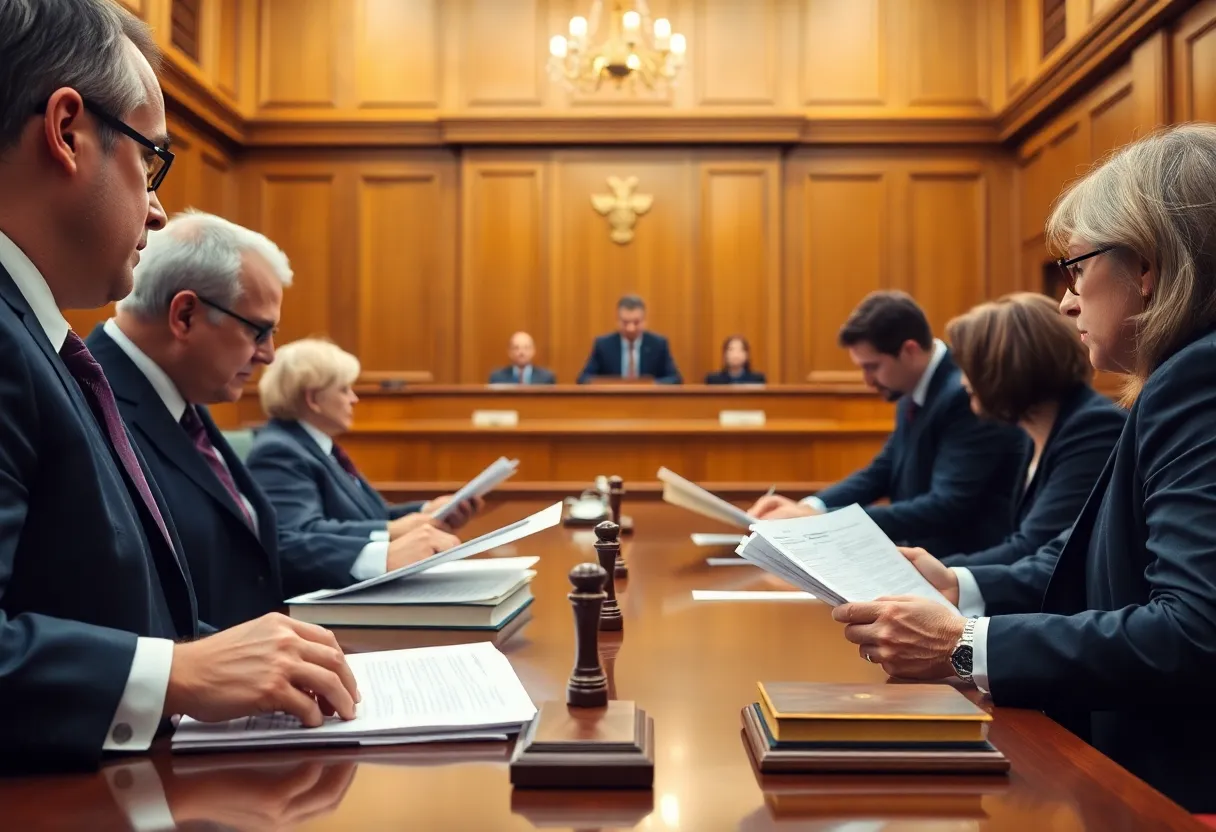News Summary
Recent findings indicate that while trust between CEOs and CMOs is improving, concerns about the business impact of CMOs are growing. Only 24% of CEOs awarded high grades for CMOs’ performance, highlighting a disconnect between trust and perceived business growth. Key areas such as innovation and AI integration also show a decline, suggesting CMOs need to enhance their strategic relevance.
CEOs Trust CMOs More, But Business Impact on the Decline: A New Perspective
Recent findings from a fresh boathouse study shed light on the evolving dynamics between CEOs and Chief Marketing Officers (CMOs). The data signals some positive shifts in how CEOs perceive their marketing leaders. However, there’s a twist—along with improved trust in CMOs, there’s also a noticeable concern regarding their overall business impact. Let’s dive into the numbers and see what they reveal about these crucial roles in companies today.
Better Relationships, But Caution Looms
The survey shows that a whopping 76% of CEOs now recognize their CMOs’ commitment to overall company leadership, which is a significant jump from just 44% in 2021. This is fantastic news for CMOs who have been working hard to strengthen their roles. Plus, when it comes to being rated as “Best in Class,” the percentage leaped dramatically—from 21% in 2021 to 45% in 2025. It seems CEOs are warming up to the marketing executives in their corner offices.
Performance Ratings Reveal Concerns
The Balancing Act: Strategy vs. Execution
A few revealing insights from the study show that only 51% of CMOs are very involved in crafting growth strategies, while almost half— 49%—are more focused on executing those strategies. This division shows that many marketing leaders may still be seen as playing background roles instead of leading the charge when it comes to driving growth. In fact, half of the surveyed CEOs feel that their CMOs are “playing it safe,” indicating a growing sentiment that perhaps CMOs are being too cautious rather than bold and innovative.
Innovation and AI Concerns
Additionally, less than half—41%—of CMOs received top marks for their AI integration capabilities. This technology is becoming increasingly important, and the study indicates that marketing AI adoption is lagging behind other areas like customer service and operations. If CMOs don’t step up their game and embrace these technological advancements, they may risk losing ground with their CEOs.
Changing Structures and Future Considerations
The Final Word: Demonstrating Value
In conclusion, while the trust between CEOs and CMOs is on the rise, there’s a pressing need for marketing leaders to demonstrate their strategic impact more effectively. It’s a balancing act, and how they navigate this will shape the future of marketing in their organizations. Stay tuned as this story continues to unfold!
Deeper Dive: News & Info About This Topic
HERE Resources
Unilever Embraces AI and Digital Innovation for Smarter Marketing
Exciting Times at Udemy: Genefa Murphy Steps in as Chief Marketing Officer
Unilever’s Major Shift in Marketing Strategy Under New Leadership
Rare Beauty: A Fresh Take on Community-Driven Marketing
Estée Lauder and Microsoft Join Forces to Revolutionize Beauty Industry
Challenges and Opportunities for CMOs in 2025
Exciting Changes at KC Global Media with New Digital Marketing Director
Major Brands Harness Custom AI for Smarter Advertising
Exciting Leadership Transition at Nationwide Insurance
Sonos Chief Marketing Officer Jordan Saxemard Exits Amid App Troubles
Additional Resources
- Forbes: CEOs Trust CMOs More, but Perceive Declining Business Impact
- Chief Marketer: Boathouse CEO Survey
- SmartBrief: The Growth Gap
- Marketing Dive: CMO No Man’s Land
- Wikipedia: Chief Marketing Officer








